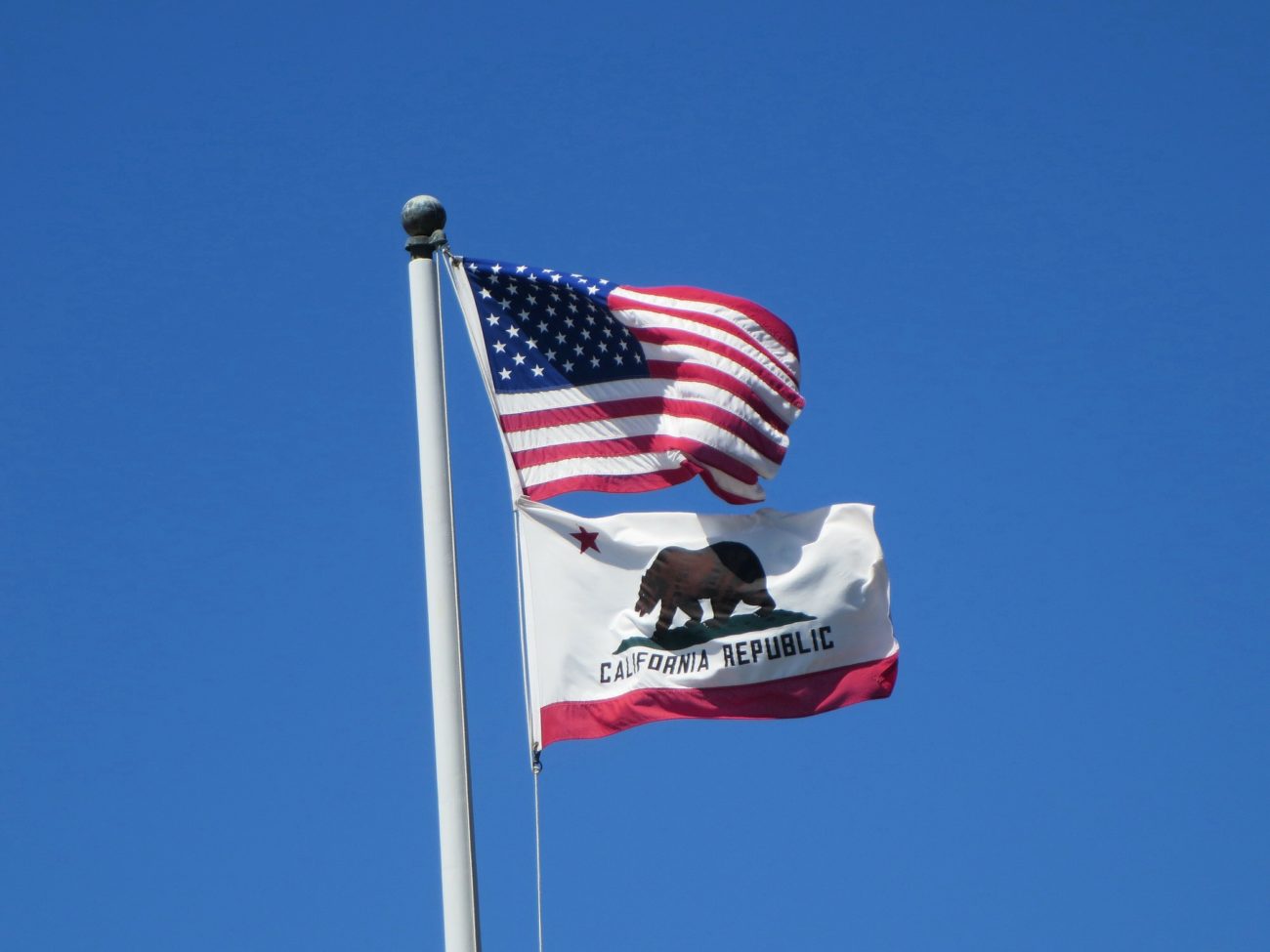Koi Nation’s Casino Ambitions Amidst Legal Turmoil
In a significant development for tribal gaming, the Koi Nation’s quest for a new casino in Windsor has garnered both approval and intense legal challenges. This project, sought after by the Koi Nation since 2021, could reshape the gaming landscape in California.
A Shift in Policy
As the Biden administration approached its final days, a series of approvals for tribal land applications were rapidly issued, notably including off-reservation projects—something that had previously been nearly unattainable. Outgoing Interior Secretary Deb Haaland made a bold choice by greenlighting the Koi Nation’s proposal for a $600 million casino complex featuring a hotel and extensive gaming facilities on a site in Sonoma County.
Historically, the Koi Nation has faced numerous hurdles. Their efforts to reclaim land have hinged on a "restored land" exception, which claims their historical ties to the area justify the development even outside their current reservation boundaries. This approach mirrors the plight of many small tribes, whose histories often involve forced displacement.
The Koi, first recognized in 1916 under a different designation, encountered significant challenges over the decades that led to most of its members relocating due to uninhabitable land. Recognition was restored via a 2000 DOI ruling, but the recent approval revived worries about the implications for tribal sovereignty and land rights.
Tribes’ Backlash
Opposition primarily arises from neighboring tribes, most notably the Federated Indians of Graton Rancheria (FIGR), operators of the Graton Resort and Casino. This facility, the Bay Area’s largest casino, has substantial investments at stake, fostering fears that the Koi project’s proximity could siphon away revenue and diminish their competitive edge.
In solidifying their stand, FIGR has brought forth lawsuits against both the DOI and the Koi Nation, arguing that the historical claims made by the Koi are flawed and that the land-use decisions made could lead to rampant development across California, potentially undermining tribal autonomy and culture. Chairman Greg Sarris has characterized these developments as risky precedents that threaten the fundamentals of federally recognized tribes’ rights.
Renderings of the Koi Nation project, a potential symbol of tribal sovereignty.
Joining FIGR’s resistance, several nearby tribes have also initiated legal action. Leaders like Lytton Rancheria’s Chairperson Andy Mejia have articulated concerns about how the approval undermines traditional tribal self-determination and cultural heritage.
Rising Non-Tribal Concerns
In an unusual turn of events, state officials have joined the opposition against the Koi casino. California Governor Gavin Newsom’s administration has filed a lawsuit challenging the legality of the DOI’s decision, echoing concerns raised by local tribes regarding the adequacy of the historical justification for the Koi’s land acquisition. The lawsuit argues that the approval lacks substantial evidence to classify the land as restored tribal territory.
At the county level, local officials have also voiced their disapproval, citing environmental and zoning regulations. Sonoma County officials emphasize the area’s vulnerability to wildfires, highlighting an ongoing struggle between development interests and environmental safety.
Potential Shifts Ahead
As legal disputes unfold, observers recall that the DOI has recently retracted a similar approval for another tribal casino project in Vallejo, hinting at the possibility of reversing the Koi approval as well. The response from FIGR and their allies is keen, hoping this precedent might influence outcomes in their favor.
Interestingly, FIGR’s political strategy has shifted markedly, redirecting significant campaign contributions to Republican causes, perhaps as a calculated move to gain favor in the current political landscape, where Republicans hold key positions within Congress.
Sarris has emphasized that their contributions are aligned with principles of environmental stewardship and social justice, indicating that this issue transcends mere economic interest.
Conclusion
The unfolding saga surrounding the Koi Nation’s proposed casino reflects broader themes of tribal sovereignty, economic development, and environmental stewardship. As various stakeholders navigate this complex landscape, the outcomes of ongoing legal battles will significantly shape the future of tribal gaming in California. The situation encapsulates the delicate balance between progress and preservation, raising fundamental questions about land rights and tribal self-determination in the United States.
